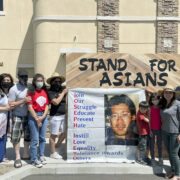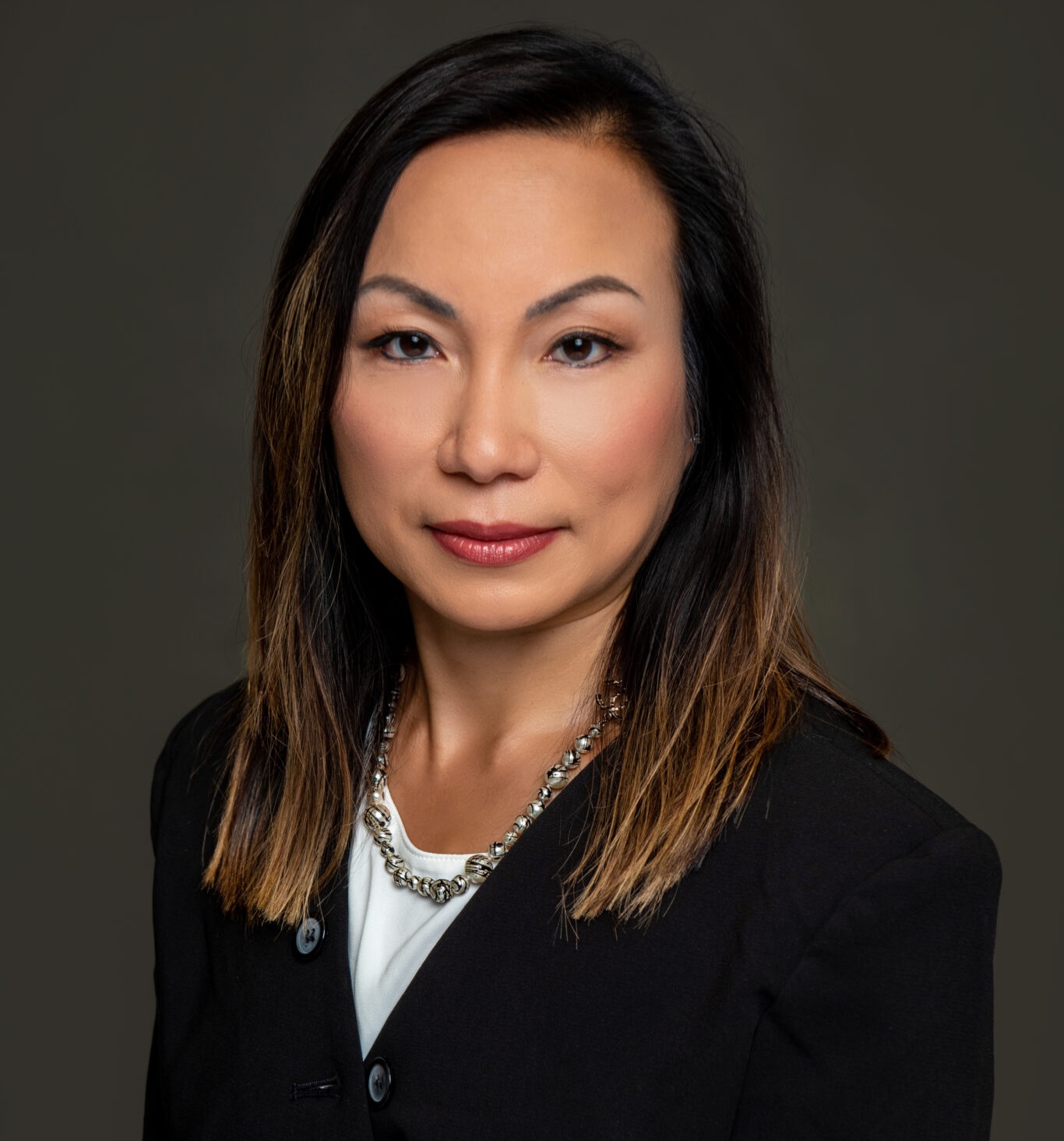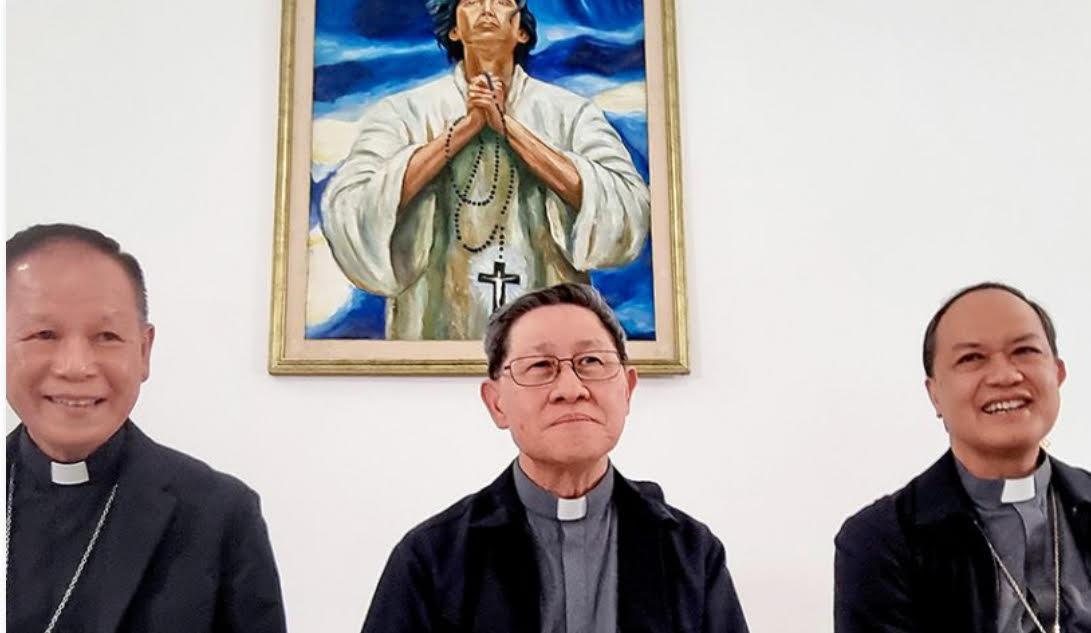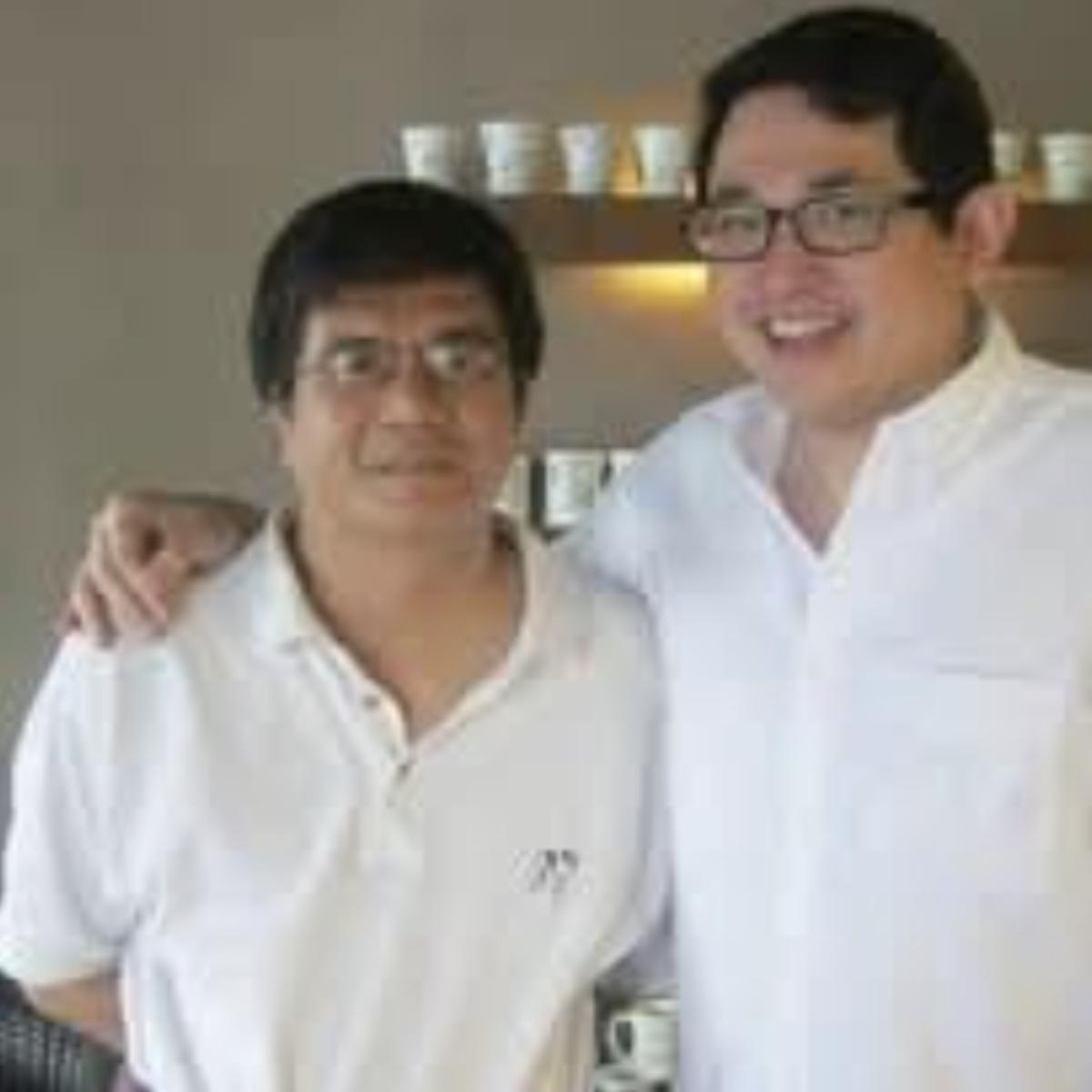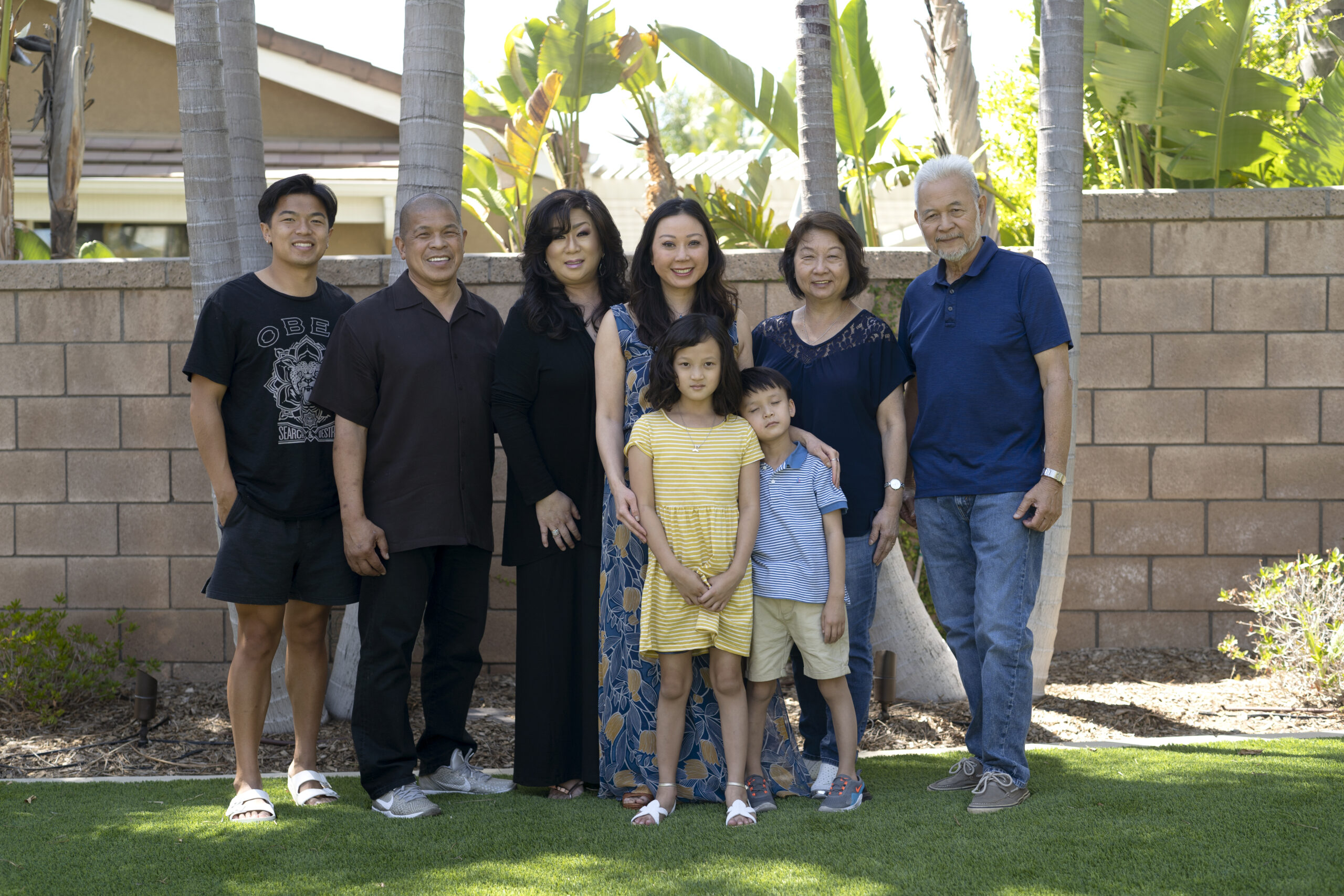
WITH the current rise in anti-Asian hate and discrimination across the country, Asian Americans have been opening up about their family histories and personal experiences with racial bias.
Though there’s national attention on the community’s current plight, Asian Americans note that this moment isn’t new — but the pandemic has brought the issues back to the surface.
In time for Asian American and Pacific Islander (AAPI) Heritage Month, AARP is highlighting these stories with a mini-documentary series exploring intergenerational courage within the community, which includes experiences from immigrating and starting anew in the United States to challenging the stereotypes and “othering” of AAPIs.
“To serve our AAPI elders and their families, AARP must understand and help others understand the life experiences of AAPIs. In each and every AAPI family there is a story about courage — the courage to immigrate to the U.S., the courage to survive in America, the courage to combat both the model minority myth and the perpetual foreigner perception while battling the twin pandemics — COVID-19 and anti-Asian hate,” said Daphne Kwok, AARP’s vice president of the Office of Diversity, Equity & Inclusion for AAPI audience strategy.
In “An Asian American Story of Intergenerational Courage,” Cyndie Chang, a lawyer, minority justice advocate and mom, tells the story of her family’s fight against anti-Asian racism.
“My parents pretty much kept me insulated from the struggles that they had. And I think, in their mind, they thought they were protecting me. But when I started to grow in my self-awareness and identity, I really started asking questions and learning about my deep family history,” said Chang.
Her family history also carries the most painful tragedy — the murder of her uncle, Joseph Ileto, by a white supremacist in 1999.
Ileto, a Filipino American postal worker, was shot to death by a white supremacist “intent on targeting a Jewish community center,” according to Chang.
“He ended up also killing Joseph Ileto because he thought that he was Asian or Hispanic,” she said.
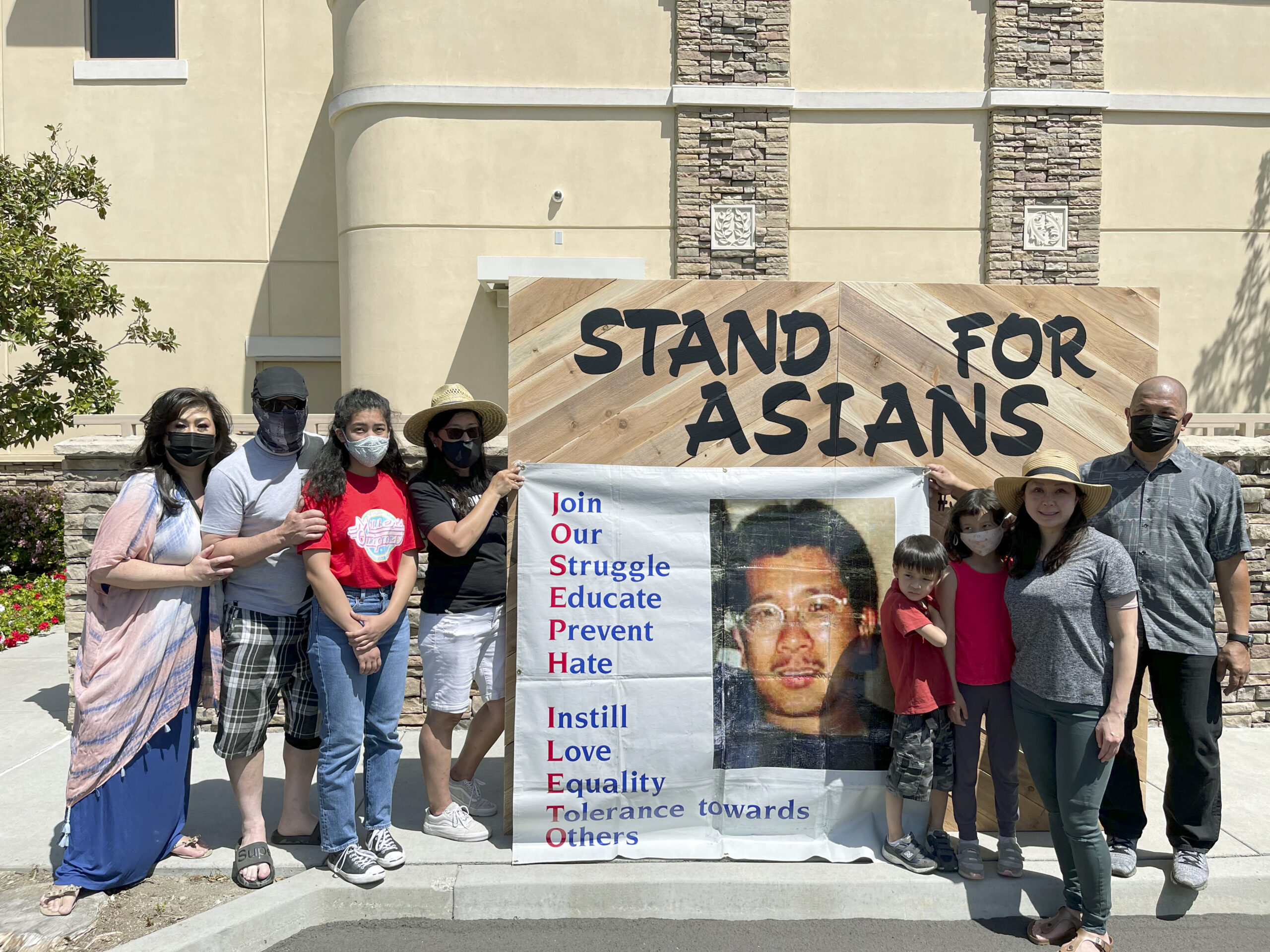
She went on to say that if it was an isolated incident, her uncle’s story would not have received attention.
“But the unfortunate thing that we realized is that, were it not for the focus on the Jewish community center, he might not have been featured. Because it would have just been a single hate crime against an Asian American,” she added.
Chang noted how the story of her uncle has inspired her family members and relatives to speak up and fight against anti-Asian violence and discrimination.
“They don’t want to just hold on to that anger…they’re turning it into something that involves love and it involves change,” she said.
Ileto’s surviving family members recalled how no Asian American wanted to share their story before.
“It’s hard to be vocal. We’ve been asked to speak at different places and it was after six years, seven years after my brother’s, after Joe’s death, right? We’re like, isn’t there a recent victim or survivor of a hate crime? There is, but nobody wants to speak. Nobody wants to share the story,” said Ismael, Ileto’s brother.
Ileto’s sister, Deena, further explained that Asian Americans “don’t want retaliation, deportation, or any of that — losing their jobs, being the center of attention. I mean, I was growing up with that, of not speaking up, but look what had happened to our brother.”
“Look what happened to some of the people we know. That’s why it’s important for us to be even more actively involved,” she added.
Speaking as a mom who wants to make a better world for her children, Chang shared the sentiment, fueled by the increase in hate crimes against AAPIs since last year.
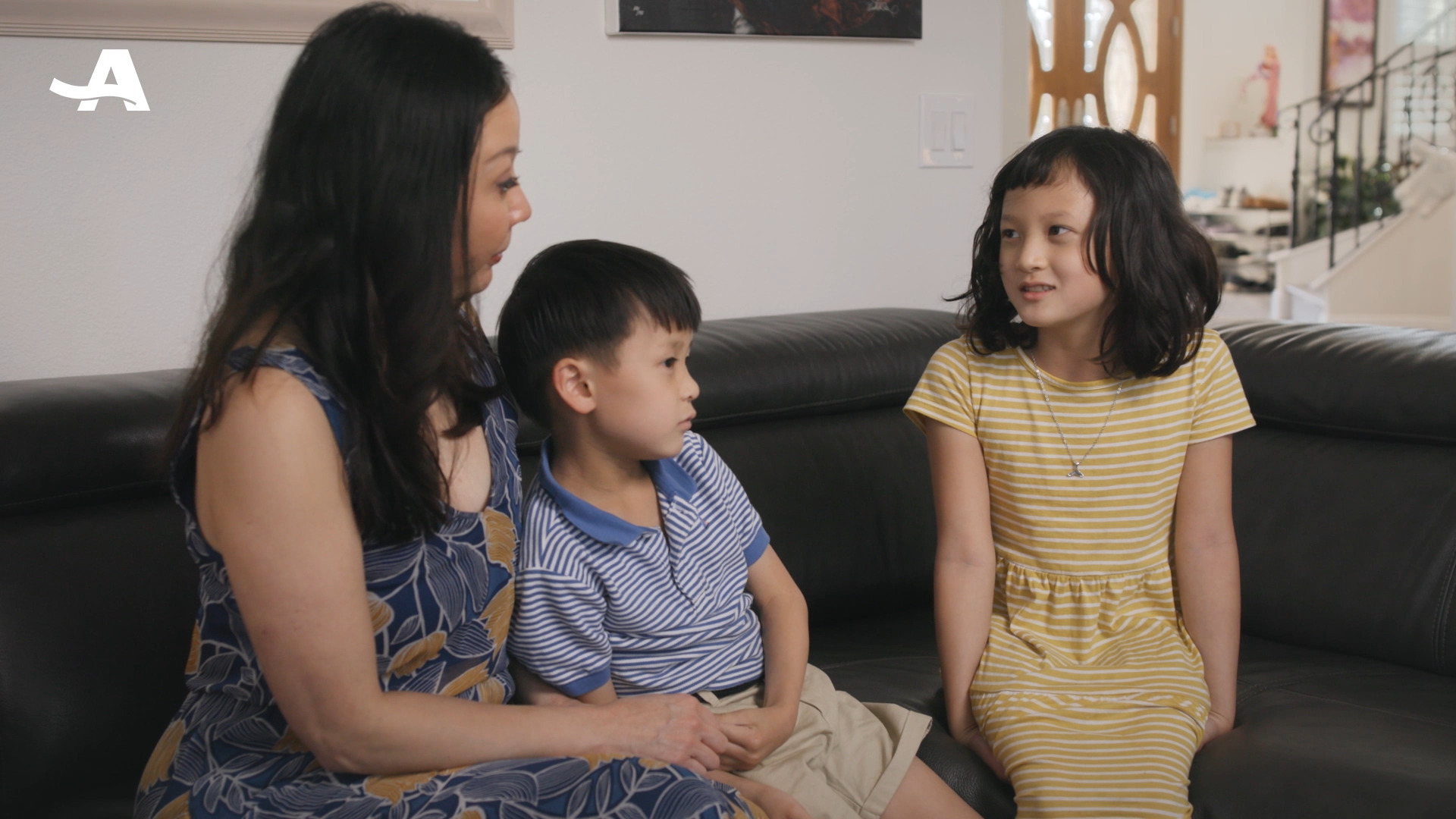
“I feel a mix of emotions. From sadness, to anger, to outrage, surprise. It’s just unacceptable that we’re facing this in 2021. I feel like I’ve been doing this work in terms of advocacy for Asian American rights and talking about the importance of diversity inclusion for almost a couple of decades,” she said.
Chang brings her children along to rallies, showing an example of speaking up for Asian American rights and other marginalized communities.
“I want them to be very proud of their self-identity, their ethnic identity, and to be very full vocal, to also stand up for other people that are marginalized. The times have really warranted talking about race because it’s just such in our face right now,” she explained.
Chang also said that she reassures her children amid fears of getting hurt over their race or ethnic background.
“I try to reassure them that they are protected and they are loved. But I do brace them for what’s out there, knowing all the different things that my family has been through. It just keeps on fueling my fire to stay involved,” she said.
“Hate is something that is not that hard to resolve if people were just more accepting of others. If people can just have more tolerance and understanding for someone else who looks different from them, over different ethnic or racial backgrounds, then we can accomplish so much more and tackle some of the other bigger problems in this world,” she added.
In addition to Chang’s story, AARP’s series also highlights how a Korean Black activist pushes us to take responsibility for each other and how an Asian Indian community leader is transforming hate into hope.


